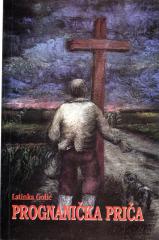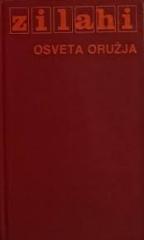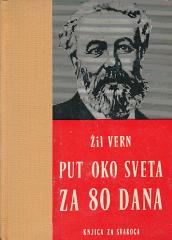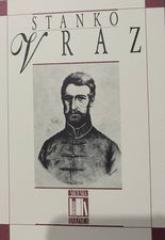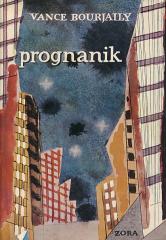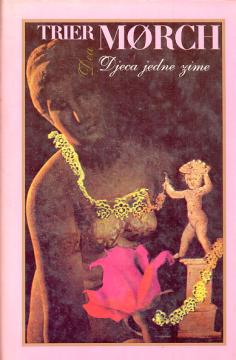
Djeca jedne zime
A documentary novel that follows the experiences of women in the maternity ward of Copenhagen City Hospital over the course of one month. The novel, in the form of a diary entry, follows the pregnancy and childbirth of six women at a gynecological clinic.
Through storytelling from the perspectives of different mothers, the author explores themes of motherhood, childbirth, social conditions, and women's emancipation in Denmark in the 1970s. The novel deals with the intimate and universal aspects of childbirth, depicting the joy, fear, pain, and solidarity among women.
The main characters are women from different social classes – from working women to intellectuals – whose stories intertwine in hospital rooms and delivery rooms. Mørch depicts the diversity of their experiences: some women experience childbirth as a triumph, while others go through loss or complications. The novel emphasizes the strength of the female community, but also criticizes social pressures, shortcomings in the health system, and gender inequality. Through simple but emotional language, the author records authentic conversations and feelings, making the reader a participant in these intimate moments.
The work stands out for its realistic depiction of childbirth and motherhood, without embellishment, and its strong feminist message about the importance of a woman's voice and experience. The novel is a significant contribution to Danish literature, celebrating life but also highlighting the challenges women face.
Two copies are available
